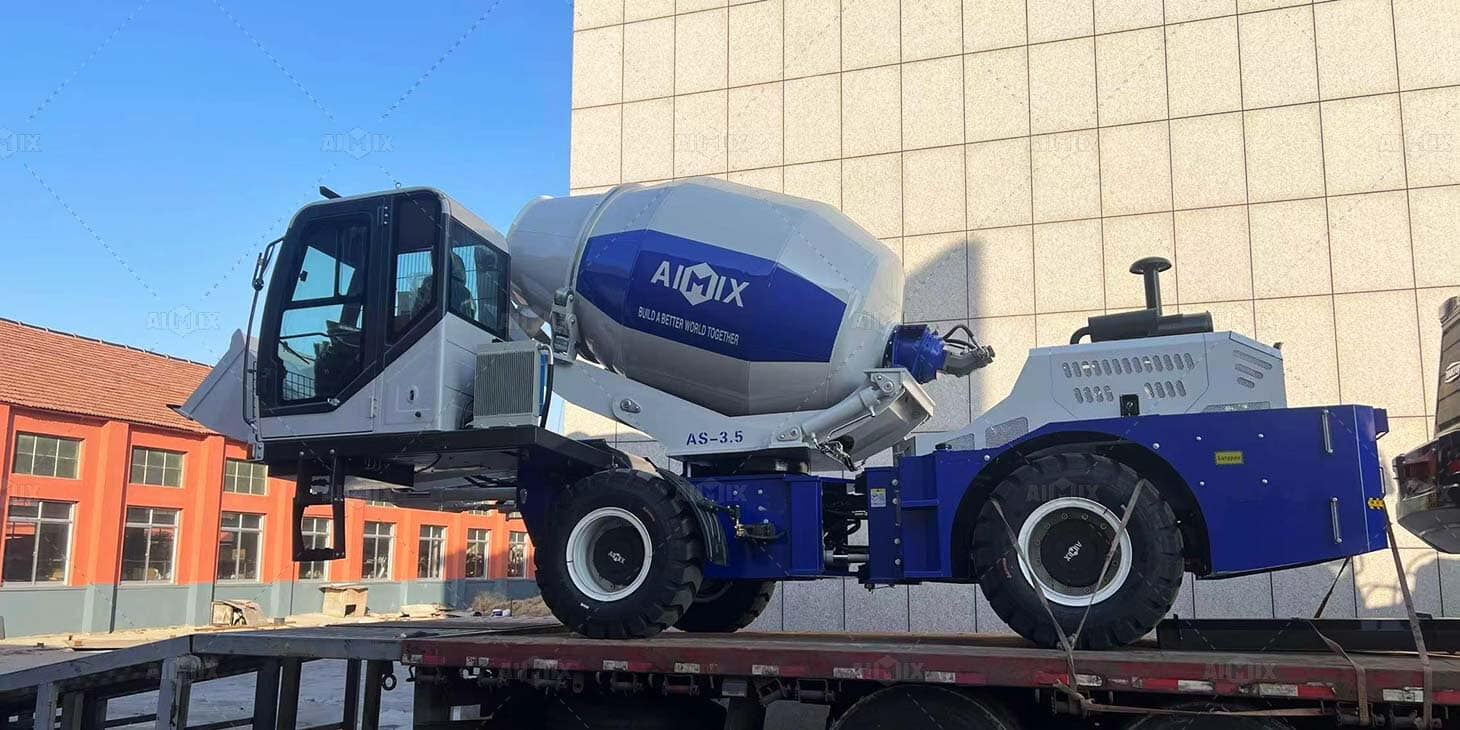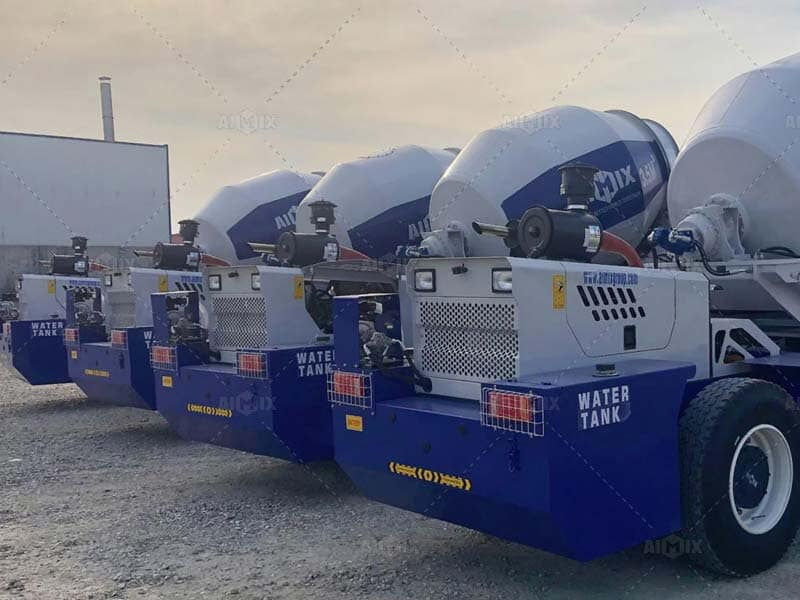Understanding concrete mixer prices is crucial for anyone involved in the construction industry in Uganda. Whether you're a contractor, builder, or project manager, having a grasp of the factors influencing these prices can help you make informed decisions and optimize your budget. In this article, we'll delve into the intricacies of concrete mixer pricing in Uganda and provide valuable insights to aid your purchasing decisions.
Factors influencing concrete mixer prices in Uganda
Factors influencing concrete mixer prices in Uganda

Tips for Making Informed Decisions When Purchasing a Concrete Mixer in Uganda

Conclusion
In conclusion, understanding concrete mixer prices in Uganda requires careful consideration of various factors, including market dynamics, quality attributes, import costs, and long-term value. By leveraging this knowledge and following the tips outlined in this article, buyers can make informed decisions that optimize their budget, enhance project efficiency, and achieve successful construction outcomes. Whether you're investing in a concrete mixer for personal or commercial use, prioritizing quality, reliability, and suitability can lead to better results and greater satisfaction in the long run.

